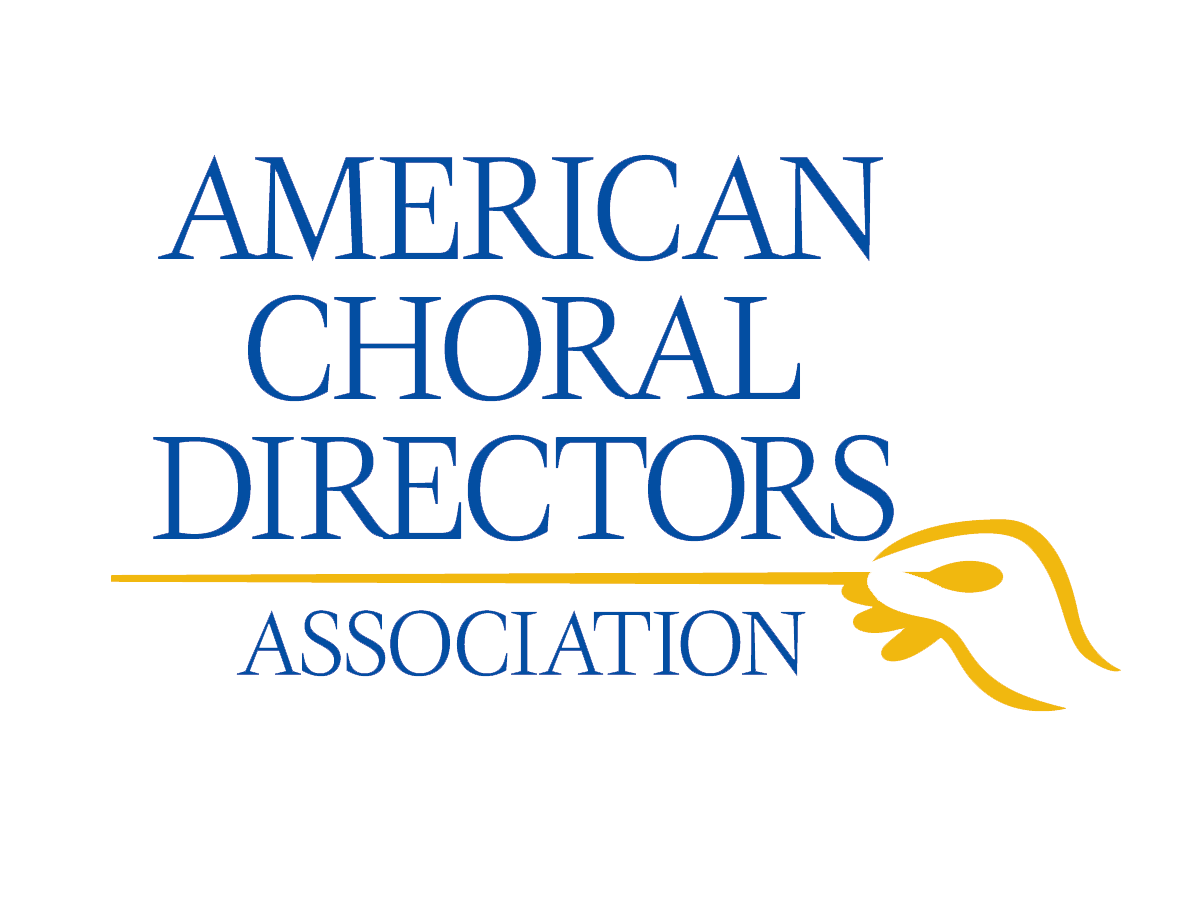This session will explore the choral methods of Margaret Hillis, the founder and first director of the award-winning Chicago Symphony Chorus. Margaret Hillis’s aspiration, from a young age, was to become an orchestral conductor. Her early years were steeped in studying, playing, and listening to orchestral music. Upon graduating Indiana University, she planned to pursue orchestral conducting, however she was deterred by a beloved professor who warned her that pursuing that path, she was destined to fail. Women were not welcome on the podium nor even as players in professional orchestras at that time. Her professor advised her to go by way of choral conducting if she was to have any chance of succeeding in a conducting career. Reluctantly, she took his advice and would study with Robert Shaw at the Juilliard School. Choruses were not taken seriously in the classical field during the 1940s, however Robert Shaw was changing that reputation through his work with the Collegiate Chorale and his Robert Shaw Chorale, both gaining great notoriety in New York City. Unfortunately, Shaw was not effective in teaching his rehearsal methods to his Juilliard students. Through observation and invention, Hillis would develop her own ways of replicating Shaw’s superb choral ensembles. Hillis’s methods were greatly influenced by her experiences as an instrumentalist. She would apply the precision she valued in her orchestral work for her approach with her choral ensembles. Hillis was dedicated to raising the level of choral singing in America by sharing her developments in score study, strategic planning, and rehearsal techniques, which she had constructed and successfully implemented in her New York Concert Choir and in the Chicago Symphony Chorus. She would share her ideas nationally, through her American Choral Foundation, her university teaching, and her conducting workshops, so that conductors throughout America could learn the latest developments in rehearsal methods, choral literature, and research. Hillis’s step-by-step approach, beginning with studying and marking a score, to formulating rehearsal strategies and sequential rehearsal planning, will be presented. There will be examples shown from Hillis’s marked scores and rehearsal charts. Hillis insisted that her methods could be applied to diverse levels and genres of choral repertoire. Several examples using standard choral repertoire to demonstrate this approach, will be shown Margaret Hillis devoted her life to spreading her ideas. Her approach has inspired many other methodologies that have followed, however her approach remains foundational and the gold standard today.



